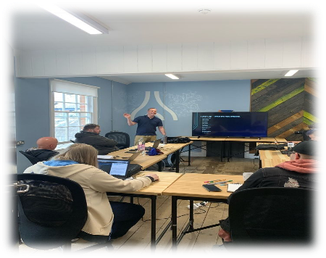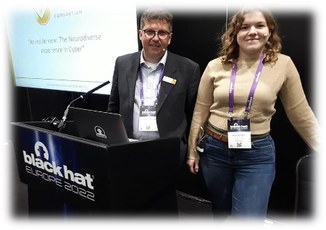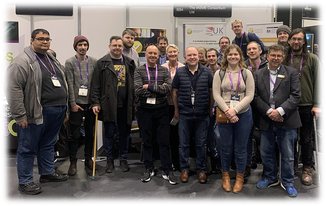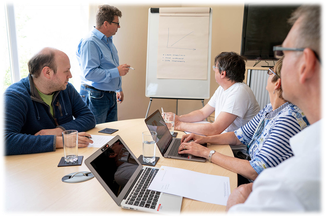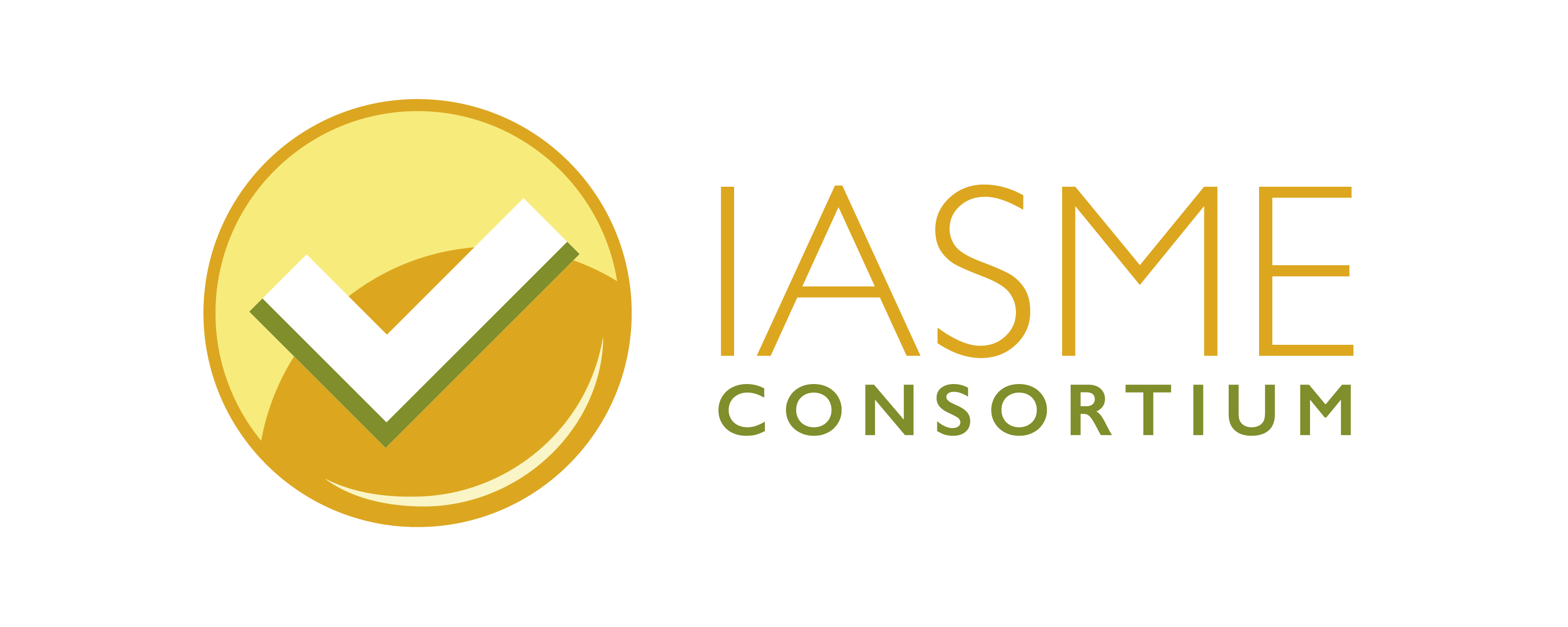This Month in Cyber News
- Novel PlugX malware attacks target European diplomats
- Malicious Microsoft Office docs drop LokiBot malware
- China-based hackers have gained access to the email accounts of around 25 organisations
- New Threat Actor Launches Cyber-attacks on Ukraine and Poland
- EU Urged to Prepare for Quantum Cyber-Attacks
- Ukraine’s CERT-UA Exposes Gamaredon’s Rapid Data Theft Methods
- New ChatGPT Attack Technique Spreads Malicious Packages
Training & Development
This series of courses was created by freeCodeCamp (a non-profit) with intend to make learning software development accessible to anyone.
Workplace Strategy Tips – CV’s, Resumes and Application Forms
Any job we apply for generally starts with having to submit a CV or fill in an application form, and as this is probably the first point of contact with a prospective employer. It is essential to ensure that the document you submit is as professional and concise as possible.
So – what is a CV? Well, it’s basically a kind of list that informs a company of your skills, work experience, education and qualifications and some further information about your interests and hobbies too. Some employers may also require you to fill in an application form, but often you will need both, and a CV can be a calling card you can use even for jobs that aren’t advertised.
A good CV needs to be neat, well ordered and clear. You could set out separate columns and headings for various lists such as job experience, qualifications, hobbies and interests, etc. so that whoever is considering it can navigate it easily without having to search through a muddle of information to find relevant information.
Each job description will be subtly different and it is good to consider this when applying. Keep a draft of your CV so that you can adjust it to match the role you’re applying for. It’s good to remember that relevant experience isn’t always necessary as long as your CV describes what you’re good at and highlights your enthusiasm for learning.
Another good tip when applying for a job is to research the prospective company online, so that you can specifically tailor or tweak your CV with consideration to the kind of work they produce. If you get as far as the interview process, this can stand you in good stead too as it indicates that you are enthusiastic about working for them and already know a bit about the company. This kind of information can also be useful when writing a cover letter. A cover letter is your introduction, and a chance to sell yourself, so make it sound as positive as possible and enthusiastic about working in a place/industry you are passionate about.
As most CVs are now submitted digitally, you can also use this opportunity to include online links to work you have done and examples (if you have any) of your creative profile. It is good to remember to be honest about your work history and qualification as these may be checked, sometimes you could be asked for hard copy evidence.
When filling in an application form, always take time to reread it to check you have answered all the questions completely and concisely. These forms can seem a little daunting, sometimes including competency questions, such as ‘what you would do in a given situation?’ or asking, ‘how do you cope with pressure when working in an office team?’ Additionally, you will almost certainly be asked for references, probably from a previous employer and someone who know you well, so you will need to have these at hand. Make sure you contact these people personally to ask them if they are okay with you listing them on your form.
If this is the first job you are applying for, don’t worry about not having any work experience, the company you are applying to will understand this. We all have to start somewhere, but you can list other activities, such as voluntary work you have done, internships, or part-time jobs in school holidays and any of your hobbies or sports that highlight your enthusiasm for working together with other people.
We all have to provide a CV or fill in an application form sometime in our lives, and it is important to make sure we do our best to make it as professional as possible, remember lots of help can be found online with suggested templates and advice. The jobs market is of course very competitive, but with some good advice and a great CV, we will all find employment of some kind if we really want it, and hopefully a fruitful and fulfilling life in our chosen career.
– Patryk Wozniak


